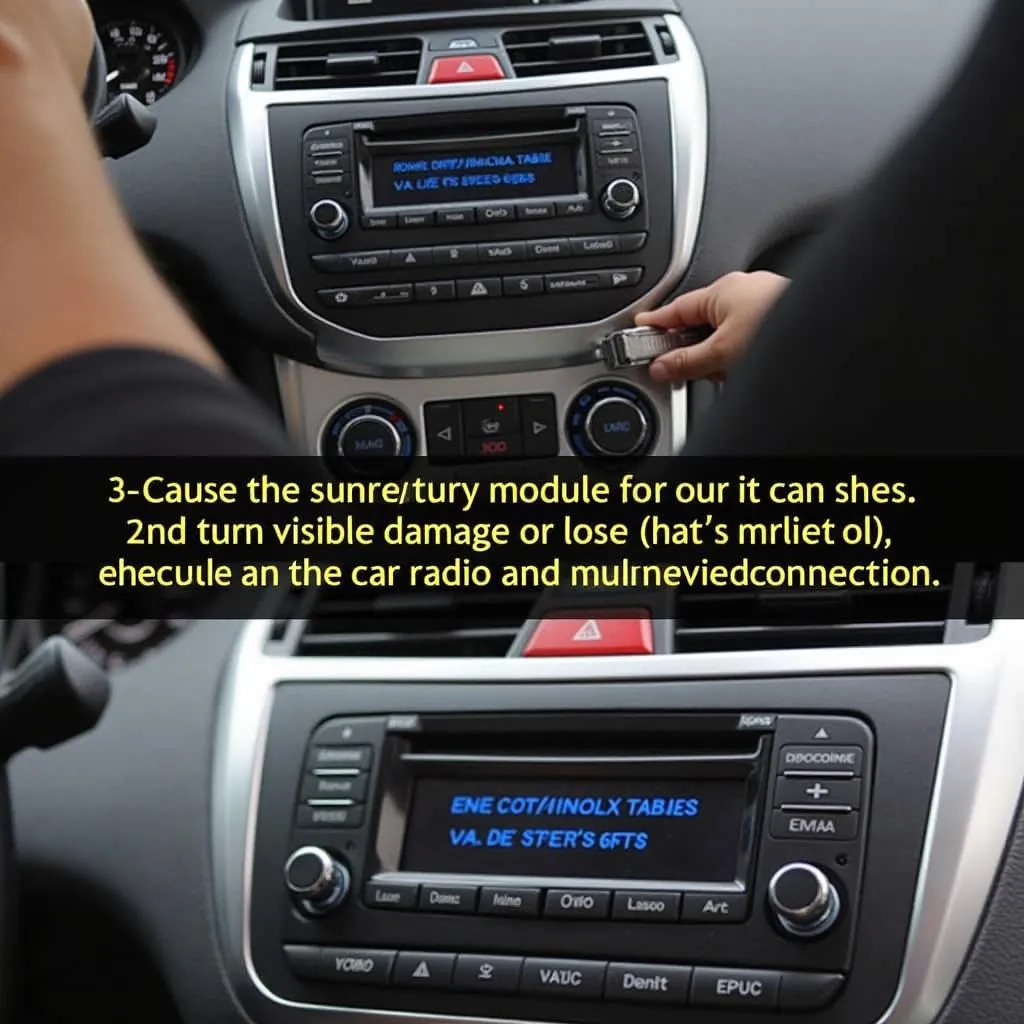An apartment fob key is an essential part of modern apartment living, providing a convenient and secure way to access your building and other common areas. But what happens when your fob key stops working, gets lost, or you need a replacement? This comprehensive guide covers everything you need to know about apartment fob keys, from understanding how they work to troubleshooting common problems and finding the right replacement options.
Understanding Apartment Fob Keys
Unlike traditional keys, apartment fob keys use radio frequency identification (RFID) technology to grant access. When you hold your fob key near the reader, it transmits a unique code that unlocks the door. This contactless system offers several benefits over traditional keys, including:
- Increased Security: Fob keys are difficult to duplicate, making them a more secure option than traditional keys.
- Convenience: No more fumbling with keys! Simply hold your fob key near the reader for quick and easy access.
- Keyless Entry: Enjoy hands-free access to your building, especially useful when carrying groceries or other belongings.
Common Apartment Fob Key Problems and Solutions
While apartment fob keys are generally reliable, problems can arise. Here are some common issues and how to troubleshoot them:
1. My Apartment Fob Key Won’t Unlock the Door
- Check the Battery: A dead battery is the most common reason for fob key failure. How much are key fob batteries? They are relatively inexpensive and easy to replace. Consult your fob key manual or look for online resources specific to your fob key model for instructions.
- Check for Interference: Other electronic devices or metal objects near the reader can interfere with the RFID signal.
- Try Reprogramming: If replacing the battery doesn’t work, your fob key might need to be reprogrammed. Refer to your building’s management or fob key manual for instructions.
2. I Lost My Apartment Fob Key – What Now?
- Contact Building Management: Report the lost key immediately to your building management or landlord to deactivate the lost key and prevent unauthorized access.
- Inquire About Replacement Costs: Understand the fees associated with obtaining a new fob key.
3. My Apartment Fob Key is Damaged
- Assess the Damage: If the damage is minimal, you might be able to repair it. However, for significant damage, a replacement is usually necessary.
- Contact Your Building Management: Report the damage and inquire about replacement procedures and costs.
Choosing the Right Apartment Fob Key Replacement
If you need a replacement fob key, consider these factors:
- Compatibility: Ensure the new fob key is compatible with your building’s access control system.
- Programming: Determine if you can program the new key yourself or if you’ll need assistance from a locksmith or building management.
- Features: Consider additional features like a panic button or remote car starter if available and desired.
Tips for Maintaining Your Apartment Fob Key
- Handle With Care: Avoid dropping or exposing your fob key to extreme temperatures or moisture.
- Replace the Battery Regularly: Most fob key batteries last 2-3 years.
- Keep a Spare Key: Having a spare key can save you time and hassle in case of loss or damage.
FAQs about Apartment Fob Keys
1. Can I get a copy of my apartment fob key made?
This depends on the building’s security policies. Some buildings restrict key duplication for security reasons.
2. How much does it cost to replace an apartment fob key?
Replacement costs vary but generally range from $25 to $150 or more, depending on the complexity of the fob key and programming fees.
3. What if I move out of my apartment?
Return your fob key to the building management to avoid potential fees and ensure the security of the building.
Conclusion
Apartment fob keys offer a convenient and secure way to access your building and amenities. By understanding how they work, troubleshooting common problems, and knowing where to turn for help, you can ensure seamless access to your apartment and peace of mind.

